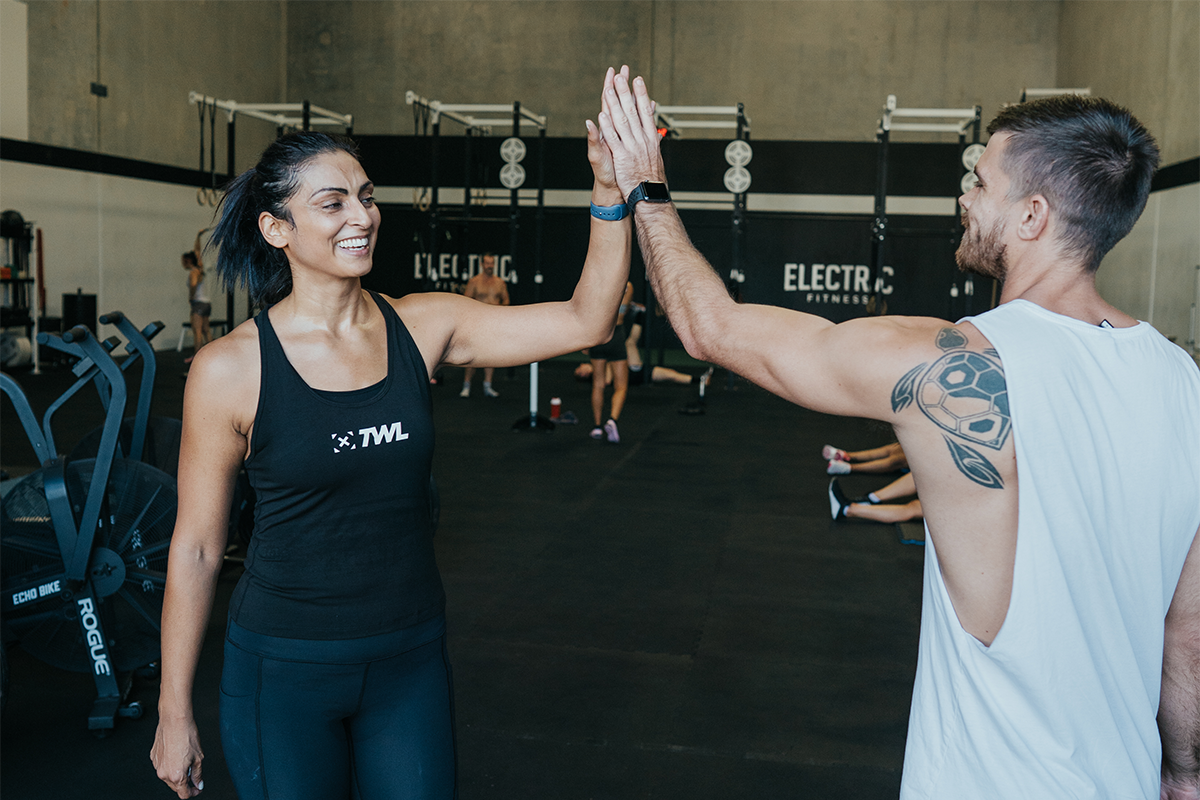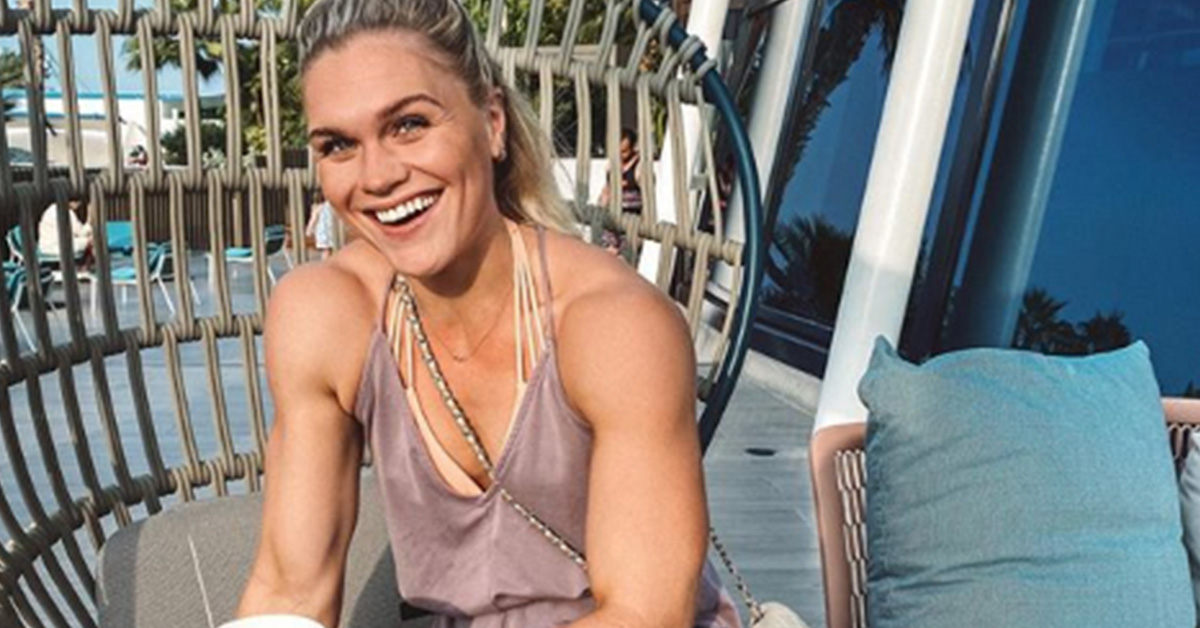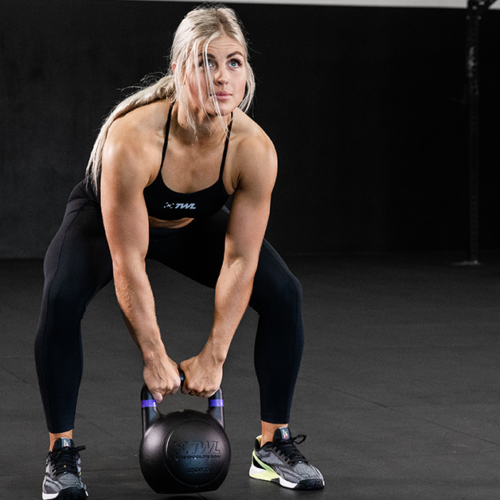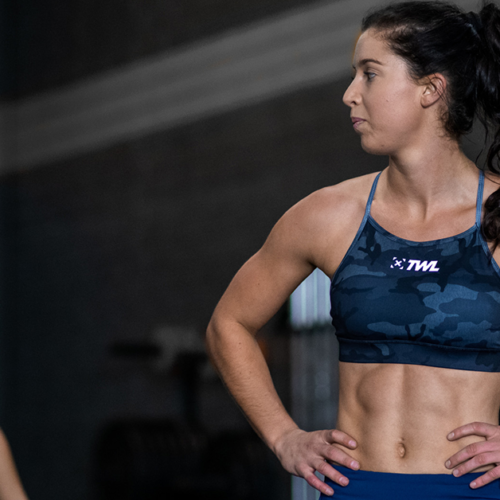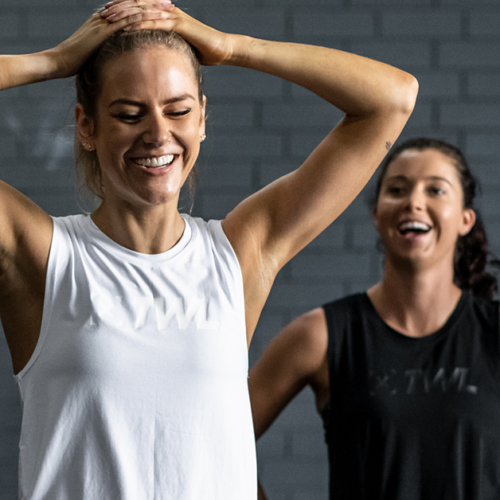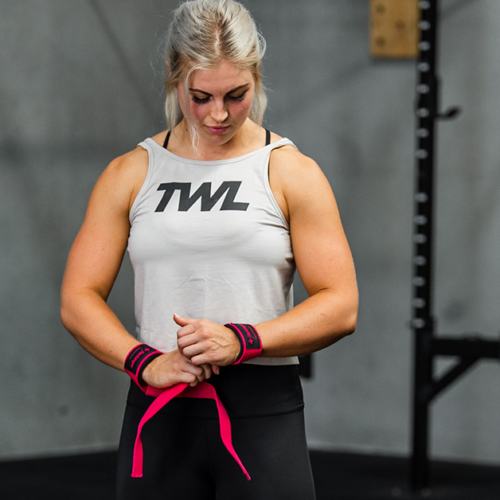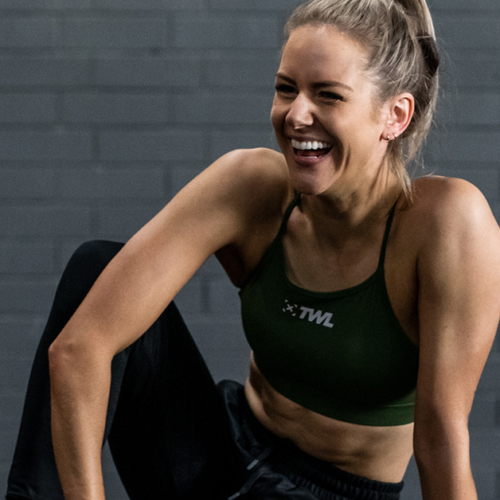According to research from the University of Scranton, 92% of people who set New Year’s resolutions don’t achieve them. This could be because their goals are unreasonable, not measurable, or not specific enough. It can work better, though: Other research has found that when people set goals that are both specific and challenging, it can lead to a better outcome 90% of the time.
To begin setting your goals, consider making them SMART.
S = specific
M = measurable/motivational
A = attainable/adaptable
R = realistic/results oriented
T = timely/tangible/trackable
Your goals should be fun and inspire you, help you stay focused, and push you to reach your greatest potential.
https://www.instagram.com/p/B6aAxtjnZoE/
Next, diversify your goals to keep things interesting and engaging. Goals can be physical, mental, emotional, qualitative, or quantitative. And, rather than starting each one with “This year…”, specify the term for your goal in the New Year as well. While some goals might be harder to measure than others (like mental or emotional goals), there are still ways to frame them that will make you likelier to achieve them.
Short-term, mid-term, and long-term goals are all necessary. These help to motivate your actions. Short-term goals might cover the next two to three weeks. Mid-term goals could be achieved within four to six weeks, and long-term goals are in the 10- to 12-month range.
Here are some examples to help get you thinking.
Goal #1
“I will set aside 10 minutes for mobility work every day.”
This hits all the components above, being specific, measuring time and frequency, and being reasonable to achieve. On the other hand, the same goal could have looked like this: “I will become more flexible.” In this case, your intentions are in the right place, but this is far too ambiguous in too many ways.
Goal #2
“I will focus on how food makes me feel, not on the number on the scale.”
This goal is not measurable, but it’s specific, process-oriented, and tangible. It asks you to stop weighing yourself and worrying over it. Some people refer to this as “intuitive eating,” meaning you listen to your body and mind, above all else.
Goal #3
“I will back squat three times per week until I reach a 5% 1RM increase.”
This measurable and specific goal can be a mid or long-term goal depending on the athlete. It’s action-oriented, realistic, and trackable. The goal could have just been to increase the personal best by 5%; but with deliberate action, it’s more likely to be followed.
Goal #4
“I will work on accessory movements three times per week to attain one strict pull-up before the year ends.”
Similar to Goal #3, this is specific and action-oriented. It’s difficult to measure progress toward a pull-up because unlike a squat or deadlift number, getting bodyweight goals can be hard to measure. Learning accessory movements is the best way to stay on track and determine if you’re moving toward your goal. For example, if you’re able to do 10 ring rows whereas a month ago, you could only do five, it’s safe to say you’re getting closer.
Goal #5
“I will start a gratitude journal and write four things I am thankful for in my life every night.”
This goal is less about performance and more about improving one’s outlook on life. Happiness experts recommend using a gratitude journal to improve your perception of happiness. In fact, research has found (more than once) that writing down what you’re thankful for can help reduce stress.
Goal #6
“I will have the courage to accept missing lifts as a learning experience and a part of the game.”
Similar to the previous goal, this is a process goal for your mindset. It’s difficult to measure or track, but the objective is to learn to accept failure as a part of progress. What we think of as failing is not a step backward but a step toward learning.
Goal #7
“I will prepare for and participate in a local or regional competition within six months.”
Here is an example of a realistic mid-term goal that encourages you to take action. The time frame allows for flexibility in case of unforeseen circumstances. Knowing that you’ve got a big goal ahead can keep your training and mindset on track, moving forward.
Goal #8
“I will reward myself when I reach my first goal with a…”
Yes, don’t forget that reaching goals deserves rewards. “Celebrate all your successes, big and small.” That is a word of advice from our favorite astronaut, Chris Hadfield!
Shop with The WOD Life today.



